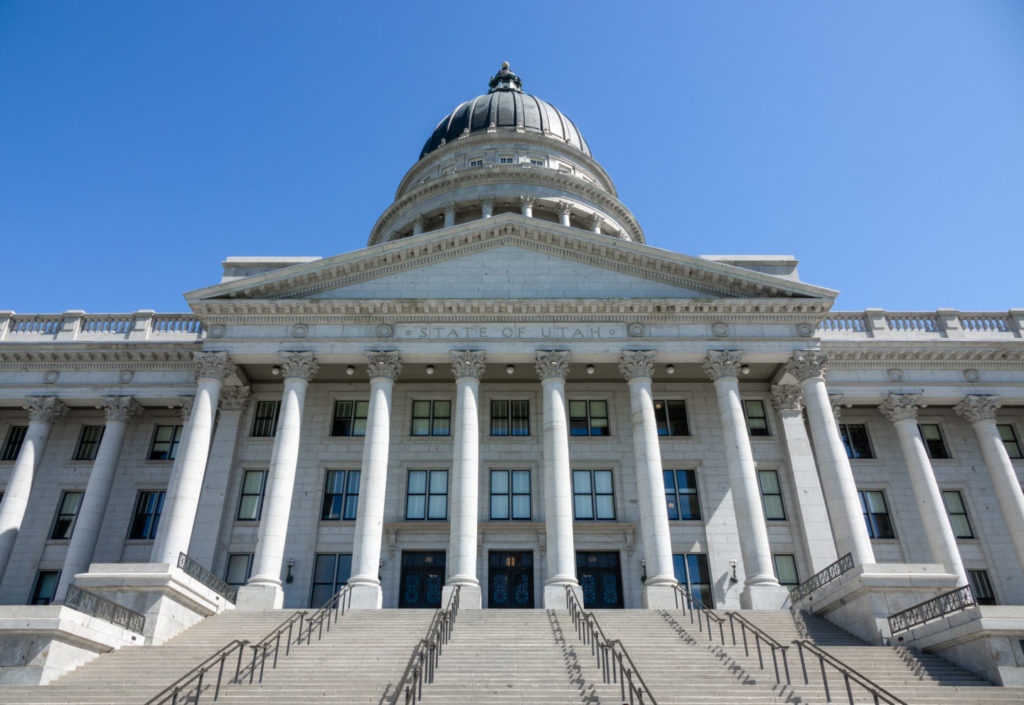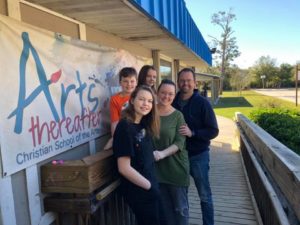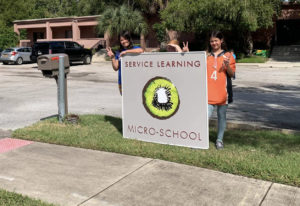Utah Legislature passes bill easing regulations on microschools
With the rise of microschools and learning pods, the Utah Legislature has been debating legislation to remove barriers for microschools and home-based education in the state.
The bill, S.B. 13,…

With the rise of microschools and learning pods, the Utah Legislature has been debating legislation to remove barriers for microschools and home-based education in the state.
The bill, S.B. 13, has already passed both the Senate and the House, and it is awaiting Gov. Spencer Cox’s signature.
Last year, Cox signed the Utah Fits All Scholarship Program, an education savings account program with a goal of expanding school choice for all students in the state.
When Utah’s education savings accounts program opens on Feb. 28, almost all students in the state will be eligible to apply, including students who attend microschools or have a home-based education.
However, education entrepreneurs who start microschools or learning pods are known to face many regulatory barriers, not just in Utah but around the country. The think tank Libertas Institute in Utah notes one of these barriers are “vague zoning and occupancy ordinances” the new bill attempts to address.
This bill would “require a home-based microschool and micro-education entity to register as a
business” instead of a “school or daycare.” It would also permit microschools and similar models in all areas of a city or county.
The measure also aims to reduce the building code requirements for such schools by enabling them to be run out of a commercial building if there are less than 100 students, or a home if there are less than 16 students.
In addition, the bill would also exempt students who attend one of these learning environments from immunization requirements, and it would prevent the government from regulating “food preparation and distribution under certain circumstances” for them.
Some Democratic lawmakers opposed the bill.
“This bill allows 16 kids to be in a house next to you – a house that might have 16 kids coming and going twice a day,” said Sen. Kathleen Riebe, who is the Senate minority whip and wants more regulations for microschools. “That is not what our community is made for. Our community is made for houses. My house is the biggest investment I have. That’s where I go for peace. That’s where I go for refuge.”
Sen. Mike Kennedy, who homeschools his children, responded to Sen. Riebe, including to her concern that a house could be located near a liquor store.
“We want to make sure that all children are cared for,” he assured. “I don’t have any interest in any sort of entity with children implicated being close to an adult bookstore or a purveyor of alcohol and cigarettes. At the same point, I guess we’re looking at the fact that a home happens to be located there.”
He further explained how his family had opportunities to travel for their learning and even go to the state Capitol for classes about government.
“I believe the sponsor has done a great job trying to work the complicated balance associated with our public school rubric which we have had for a hundred years, and the newer entrant to the process we have, these microschools that are business entities, and they should allow some regulations but not all of them.”



